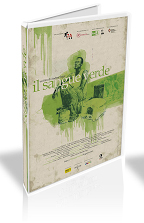Les Sauteurs -Those who Jump
by Abou Bakar Sidibé, Moritz Siebert, Estphan Wagner - Denmark
In northern Morocco lies the Spanish enclave of Melilla: Europe on African Land.
On the mountain above live over a thousand hopeful African migrants, watching the land border, a fence system separating Morocco and Spain.
Their life is unsecure and unstable, but still full of projects and wishes. Authors give to one of them, Abou from Mali, a camera to tell the life of this community.
Abou soon understand the power of that tool, and he becames the eye through which we can see people, we can listen to their stories, we can feel the hunger, the violence, the fear, but also their attempt to fight all this feelings.
With Abou we enter that humanity, into his ferocity and his beauty, and we also share the hope to “jump” over the fence.
Director’s Statement
“The passport is the most noble part of man,” a man in Brecht’s Refugee’s Dialogues once stated. Seventy years later, with daily news on the migrant situation at Europe’s borders, the statement remains a disturbing truth.
For those of us born on the right side of the fence, impermeable borders are a rare encounter. But for those on the other side, like Abou, who happen to hold a Malian passport, the options are extremely limited.
When reports of the massive attempts to storm fences in Melilla began to spread in 2014, we were deeply struck by the resilience of the mainly sub-Saharan men on Mount Gurugú. Regardless of how often they fell, no matter how painful their failures – they just seemed to stand up, wipe off the dust and carry on towards their goal.
Granted, there is no shortage of stories of the tragedies at Europe’s borders. But our impression is that the circulating images are rather limited. One voice seemed always missing: the voice of the people concerned.
In order to challenge the dominant image of a migrant, we had to first challenge our own approach as filmmakers. We decided to radically take the perspective of our protagonist, and leave him to decide what aspects of life to film. So we passed the camera to Abou. We were curious to learn what he would film, what aesthetical choices he would makes, and how these choices relate to the existing images of migrants.
Abou’s approach to the project initially differed from ours. His main concern was to tell the world about the great injustice he and his friends endure at the fence of Melilla. But gradually the filming itself became an interest and form of expression for him. He switched from being the protagonist to the co-director. Ultimately, the film also became a film about making a film.
Moritz Siebert and Estephan Wagner
January 2016
Country: Denmark
Duration: 80'
Credits
Director; Moritz Siebert, Estephan Wagner
Co-Director: Abou Bakar Sidibé
Production: Signe Byrge Sørensen, Heidi Elise Christensen
Camera: Abou Bakar Sidibé
Editor: Estephan Wagner
Sound Editor and Mix: Henrik Garnov
Colorist: Maria Klarlund
Post Production: Kong Gulerod Film
Graphic Design: Niels Christian Konrad Nielsen, nckn
Produced with the support of: Danida, Danish Film Institute / Film Workshop, BMU Foundation
Original Language: French and Bambara
Produced in collaboration with: Mette Hoffmann Meyer
Distribution for Italy: ZaLab in collaboration with I Wonder Pictures/Unipol Biografilm Collection.







